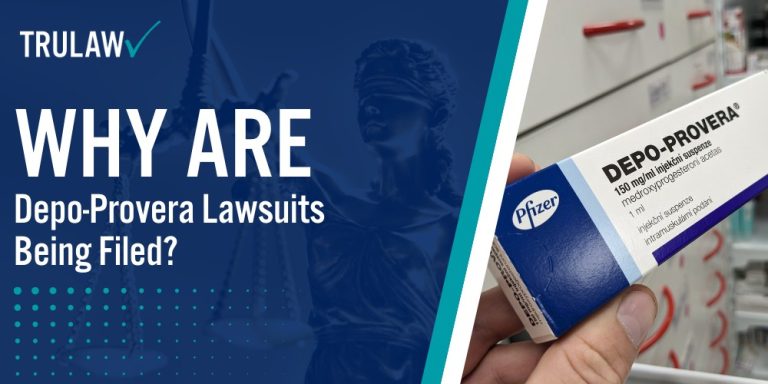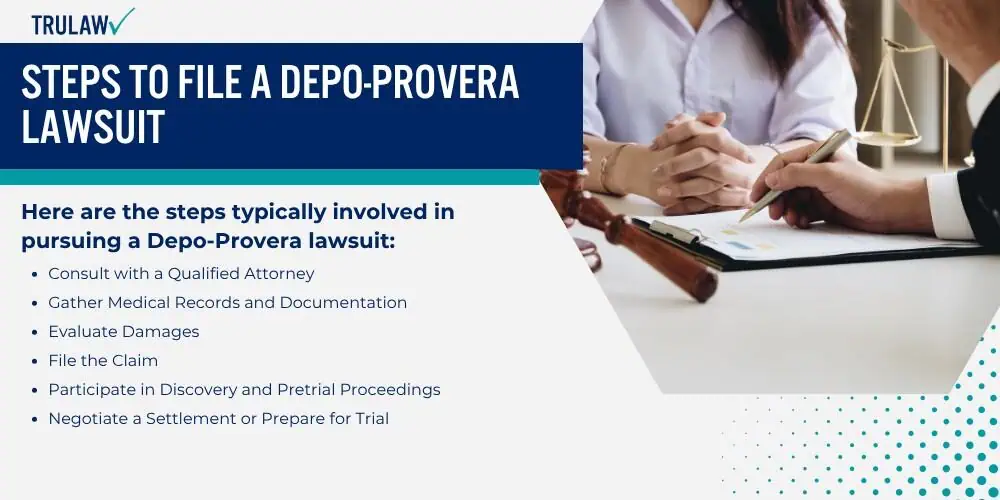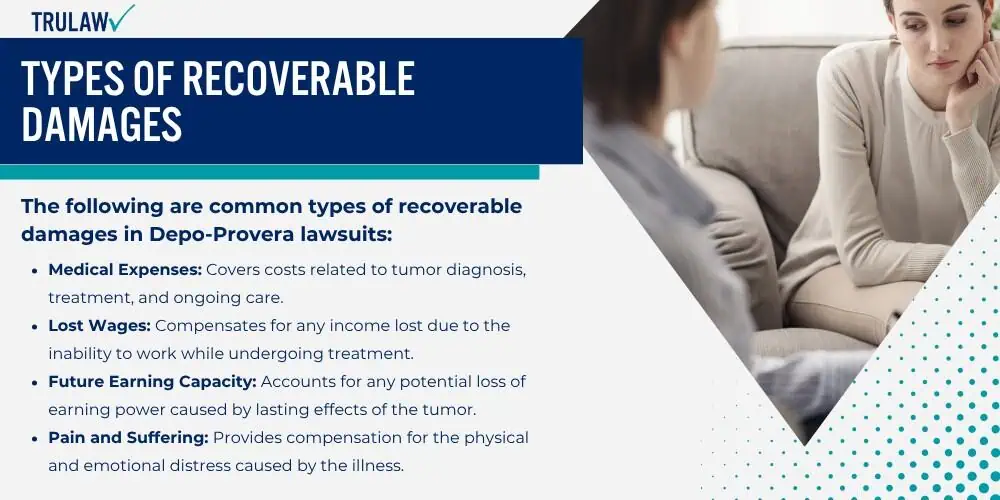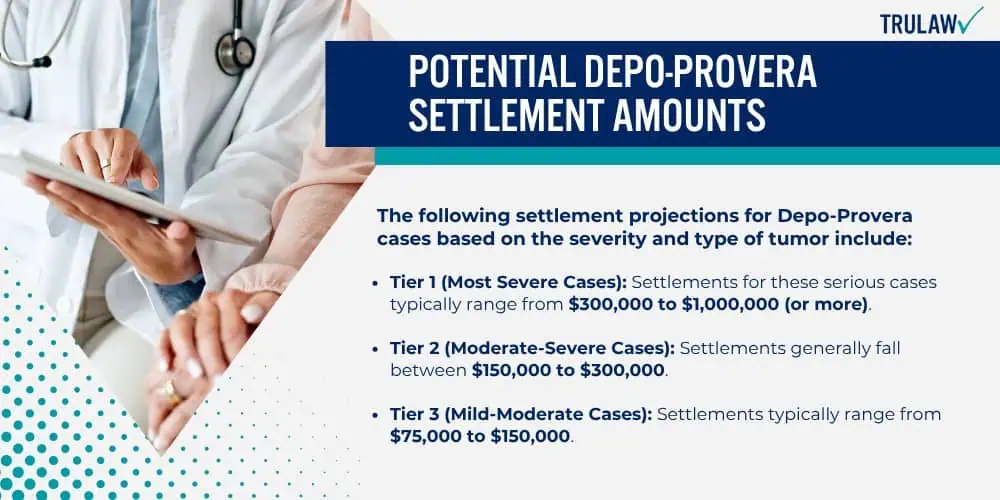A meningioma is a type of brain tumor that develops from the meninges, the protective layers surrounding the brain and spinal cord.

Meningiomas are the most common primary brain tumor in adults, with a higher incidence in women due to hormonal influences like progesterone and estrogen, to which some meningiomas respond.
Diagnosing the Symptoms of Meningiomas
Identifying meningiomas involves recognizing various symptoms, often depending on the tumor’s size and location.
Headaches, seizures, vision disturbances, movement or balance difficulties, and memory challenges can all signal the presence of a meningioma.
Notably, some smaller meningiomas may remain symptom-free, requiring only periodic monitoring rather than immediate treatment.

Here are some common symptoms associated with meningiomas:
- Headaches: Often persistent, these can result from pressure exerted on the brain.
- Seizures: These may occur if the tumor affects certain brain areas.
- Vision Changes: Blurred or double vision is common if the tumor presses on the optic nerves.
- Balance or Coordination Issues: Tumors in the cerebellum or other motor-related areas may cause these symptoms.
- Memory Impairment: This can occur if a meningioma impacts memory-processing regions.
Meningiomas are usually detected through MRI or CT scans, clearly showing their size, position, and potential impact on nearby brain structures.
In some cases, a biopsy may be necessary to ascertain if the tumor is benign or malignant.
These diagnostic tools help medical professionals create an individualized treatment plan based on the tumor’s characteristics.
Meningiomas Treatment Options
Treatment for meningiomas varies depending on factors like tumor size, location, and symptom severity.
The treatment approach aims to reduce or eliminate the tumor while preserving brain function as much as possible.

Below are common treatment options for managing meningiomas:
- Observation: Regular imaging can help track growth or changes for slow-growing, symptom-free meningiomas.
- Surgical Removal: If accessible, surgery is the most common approach for removing symptomatic meningiomas.
- Radiation Therapy: Often used for inoperable tumors or as a follow-up to surgery to eliminate remaining cells.
- Medication: Under investigation for certain hormone-sensitive tumors, though further research is needed.
The choice of treatment balances effectiveness to minimize side effects and preserve quality of life.
While most meningiomas are benign, they can still cause significant symptoms if they grow large enough to press on critical brain areas.







